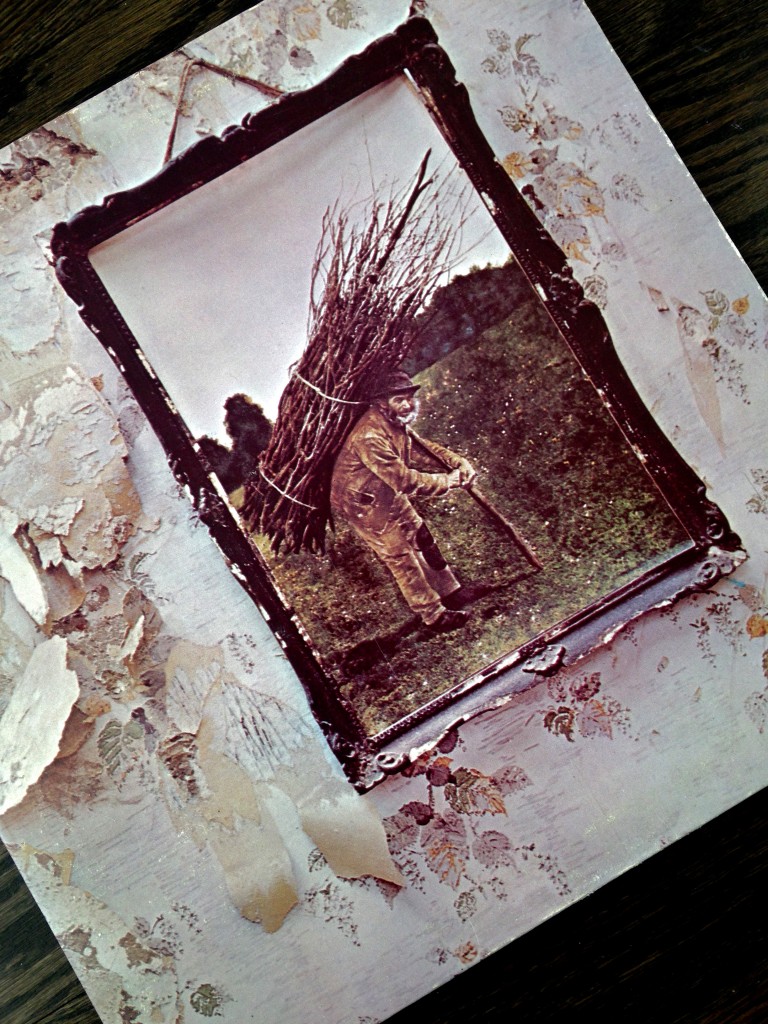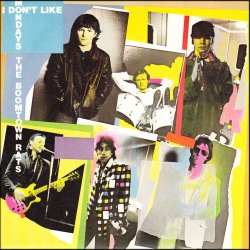Fellow music enthusiasts and technology early adopters ditch the streaming sounds right now. And, if you still have an iPod, or worse an MP3 or CD player, trash it; trash them all.
The future of music is coming, and it’s beamed and implanted directly into your grey matter. I’m not sure if I like the idea of Taylor Swift inside my head — I’m more of a Pink Floyd and Led Zeppelin person — nor the idea of not having a filter for certain genres (i.e., country music). However, some might like the notion of a digital-DJ brain implant that lays down tracks based on your mood from monitoring your neurochemical mix. It’s only a matter of time.
Thanks, but I’ll stick to vinyl, crackles and all.
From WSJ:
The year is 2040, and as you wait for a drone to deliver your pizza, you decide to throw on some tunes. Once a commodity bought and sold in stores, music is now an omnipresent utility invoked via spoken- word commands. In response to a simple “play,” an algorithmic DJ opens a blended set of songs, incorporating information about your location, your recent activities and your historical preferences—complemented by biofeedback from your implanted SmartChip. A calming set of lo-fi indie hits streams forth, while the algorithm adjusts the beats per minute and acoustic profile to the rain outside and the fact that you haven’t eaten for six hours.
The rise of such dynamically generated music is the story of the age. The album, that relic of the 20th century, is long dead. Even the concept of a “song” is starting to blur. Instead there are hooks, choruses, catchphrases and beats—a palette of musical elements that are mixed and matched on the fly by the computer, with occasional human assistance. Your life is scored like a movie, with swelling crescendos for the good parts, plaintive, atonal plunks for the bad, and fuzz-pedal guitar for the erotic. The DJ’s ability to read your emotional state approaches clairvoyance. But the developers discourage the name “artificial intelligence” to describe such technology. They prefer the term “mood-affiliated procedural remixing.”
Right now, the mood is hunger. You’ve put on weight lately, as your refrigerator keeps reminding you. With its assistance—and the collaboration of your DJ—you’ve come up with a comprehensive plan for diet and exercise, along with the attendant soundtrack. Already, you’ve lost six pounds. Although you sometimes worry that the machines are running your life, it’s not exactly a dystopian experience—the other day, after a fast- paced dubstep remix spurred you to a personal best on your daily run through the park, you burst into tears of joy.
Cultural production was long thought to be an impregnable stronghold of human intelligence, the one thing the machines could never do better than humans. But a few maverick researchers persisted, and—aided by startling, asymptotic advances in other areas of machine learning—suddenly, one day, they could. To be a musician now is to be an arranger. To be a songwriter is to code. Atlanta, the birthplace of “trap” music, is now a locus of brogrammer culture. Nashville is a leading technology incubator. The Capitol Records tower was converted to condos after the label uploaded its executive suite to the cloud.
Read the entire story here.
Image: Led Zeppelin IV album cover. Courtesy of the author.


 A yearlong survey of moodiness shows that the so-called Monday Blues may be more figment of the imagination than fact.
A yearlong survey of moodiness shows that the so-called Monday Blues may be more figment of the imagination than fact.